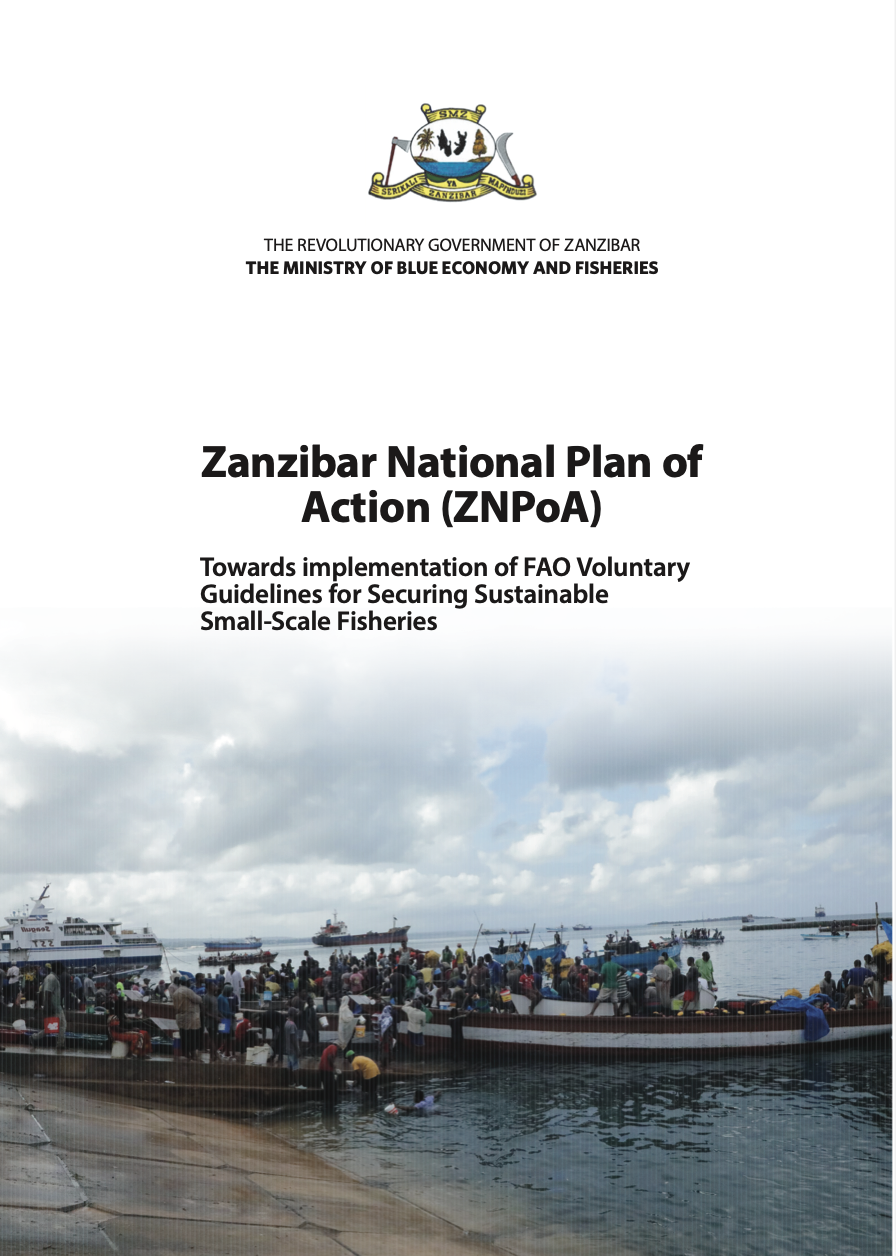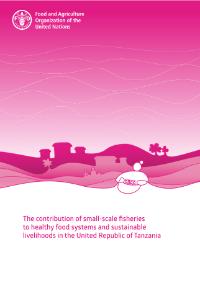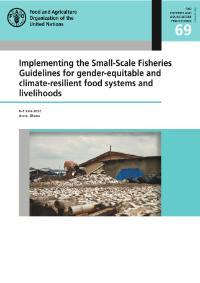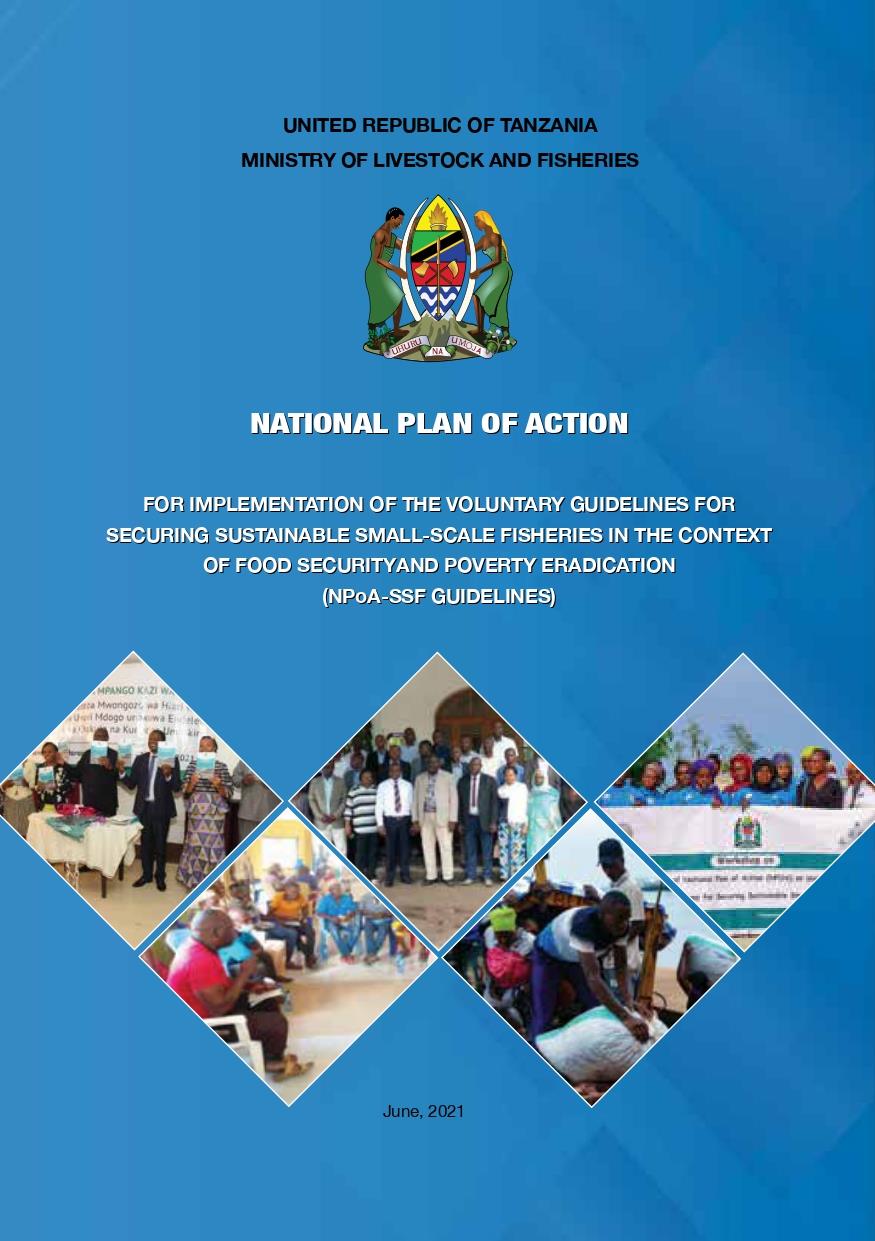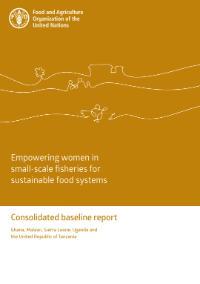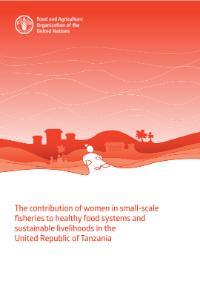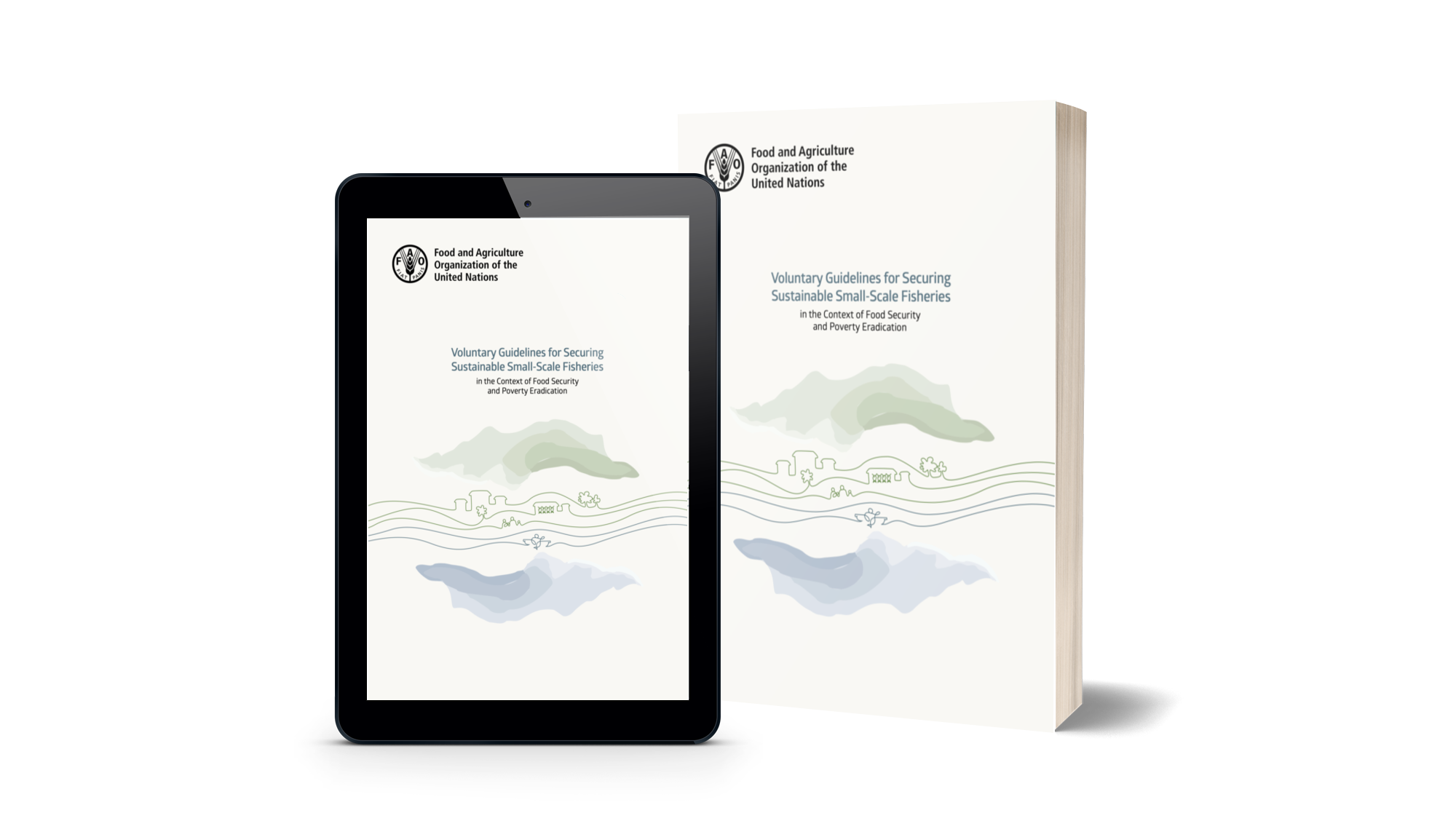The United Republic of Tanzania
Over 34.8 million people are nourished from fish supplied from small-scale fisheries in the United Republic of Tanzania, contributing to the fight against malnutrition and hunger. In addition, small-scale fisheries provide immense economic benefits, particularly in rural environments. At least 4.5 million people depend at least partially on small-scale fisheries livelihoods in the United Republic of Tanzania, with one in four people employed being women (learn more).
The United Republic of Tanzania is a frontrunner in the implementation of the SSF Guidelines at the country level, being the first country to develop a National Plan of Action for Small-Scale Fisheries (NPOA-SSF). Reflecting the Government's commitment to continue working towards improving the small-scale fisheries sector and the livelihoods of those involved in it.FAO has been supporting the country through various projects and activities. For instance, through the project titled “Implementing the Small-Scale Fisheries Guidelines for Gender-Equitable and Climate-Resilient Food Systems and Livelihoods”, a sub-programme of the FAO Flexible Voluntary Contributions fund (FVC), sought, among other things, to enhance understanding of the nutritional value of fish for healthy diets. Through this project, FAO conducted research in the country on energy-efficient fish processing techniques and on the role of small fish in local livelihoods. To ensure quality products for consumption and minimize post-harvest losses, the project supported the provision of improved post-harvest processing technologies, including the construction of hot-air blowing machines.
In its second phase, the project provides training and capacity building on improved post-harvest and related business practices, with a focus on women fish processors, but also including other SSF actors, government (extension) officials, and relevant stakeholders. Under this project, FAO also supports the development, monitoring, and review of the NPOA-SSF by organizing key stakeholder workshops and supporting the National Task Team’s quarterly meetings. Additionally, this project supports women’s groups through the organization of exchange visits and peer-to-peer learning.
Understanding that effective and well-connected organizations are key to improving livelihoods and contributing to the food security and nutrition of their members, FAO provides support to local small-scale fisheries associations, such as the Tanzania Women Fish Workers Association (TAWFA). TAWFA was developed with the support of the FAO-NORAD project titled “Empowering Women in Small-Scale Fisheries for Sustainable Food Systems”, funded by FAO and the Norwegian Agency for Development Cooperation (NORAD) and of the “Creating an Enabling Environment for Securing Sustainable Small-Scale Fisheries”, funded by the Swedish International Development Cooperation Agency (SIDA).
Related publications
Related News
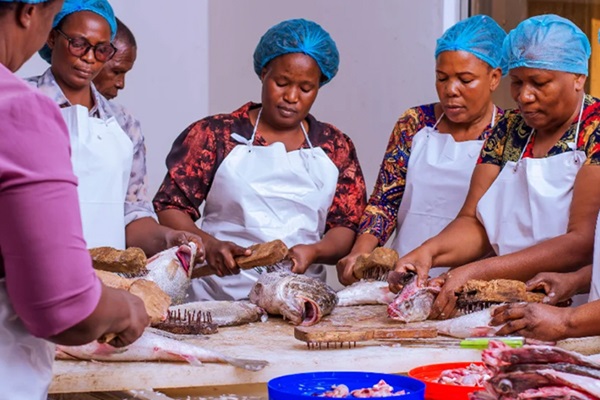
Reeling in a better future for Tanzania’s women fish workers
16/10/2025
When Hadija Malibiche first started buying and selling fish in the coastal region of Mtwara, she worked alone and struggled to make a steady income. Like many women in small-scale fisheries, she had no access to credit, little bargaining power in the market, and few opportunities to grow her business. That changed after she joined a group of fishers that belongs to the Tanzania Women Fish-workers Association (TAWFA).
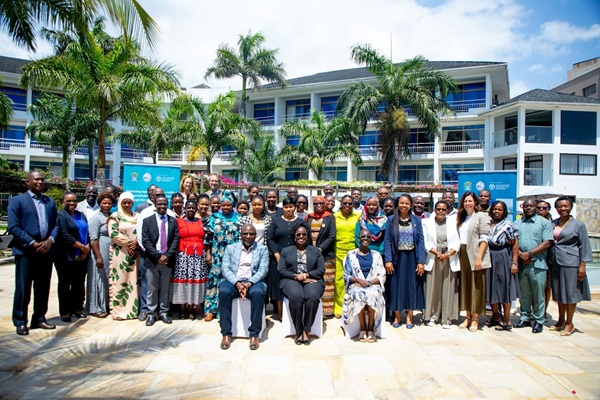
Tanzania hosts consultative workshop on mainstreaming biodiversity in fisheries management
13/10/2025
The Ministry of Livestock and Fisheries (MLF), in collaboration with the Food and Agriculture Organization of the United Nations (FAO), has convened a three-day consultative workshop in Dar es Salaam aimed at mainstreaming biodiversity into fisheries management in the context of the Kunming–Mo...
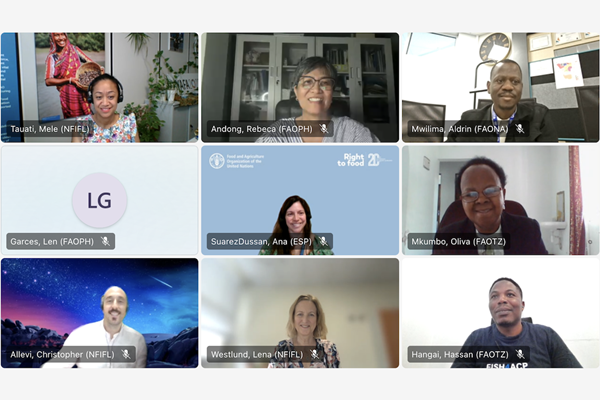
Project’s quarterly call highlights progress and lessons learned ahead of project closure
02/09/2025
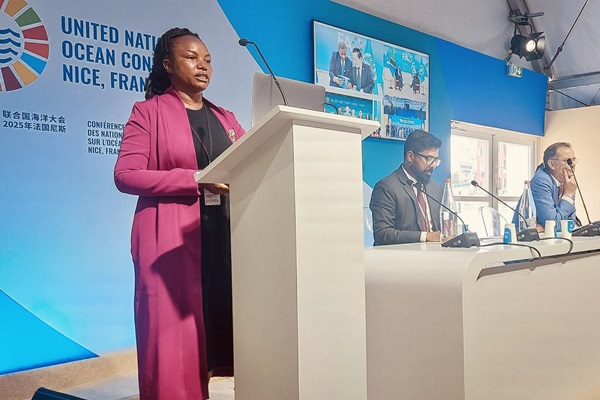
The United Republic of Tanzania showcases SSF Guidelines in action at UNOC3
29/07/2025
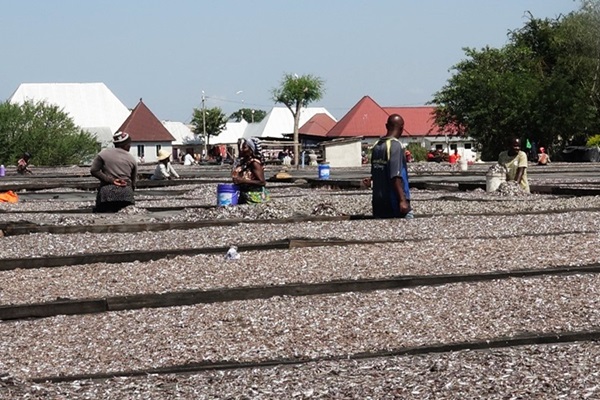
Banking on themselves: Tanzanian women transform their fisheries businesses with community savings
16/06/2025
Haura Mohamedi Saidi processes and sells fish in the Muleba District of the United Republic of Tanzania. With six of her children still living at home, the 54-year-old needs a steady income.
“I used to struggle to sell small amounts of fish before. It was hard to sell even 10 tins of pro...

